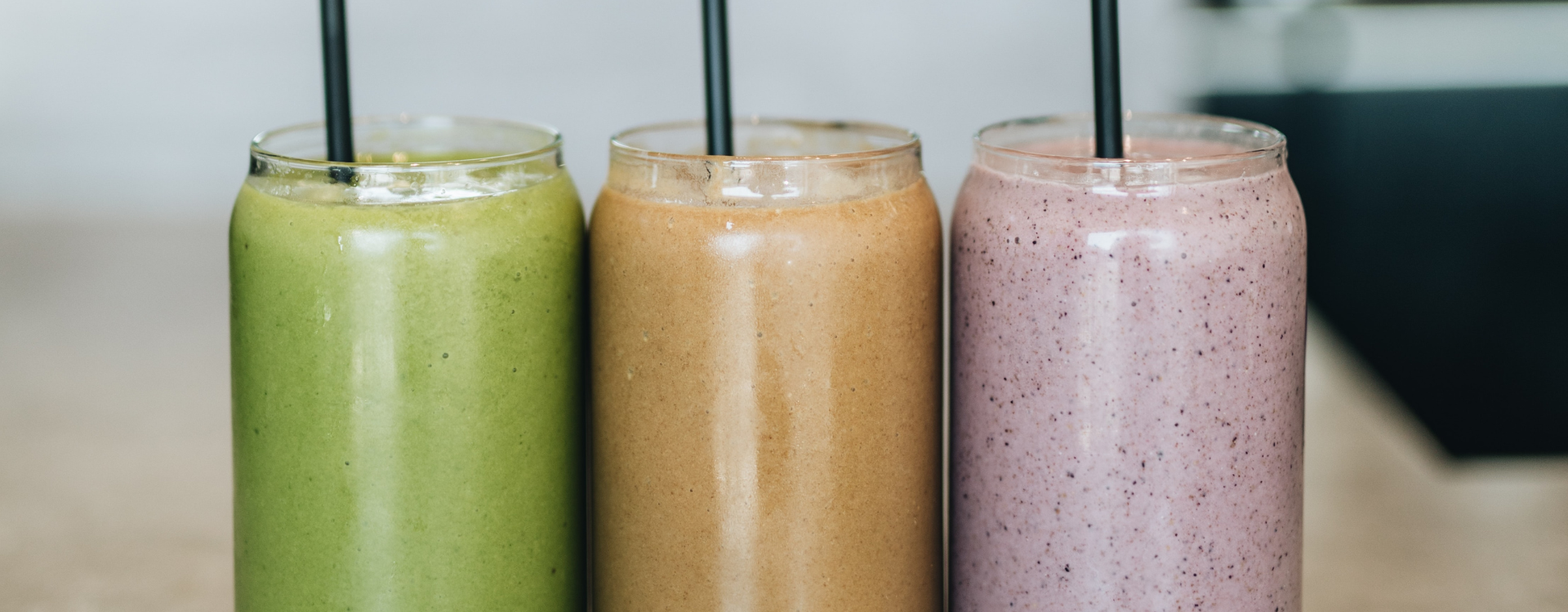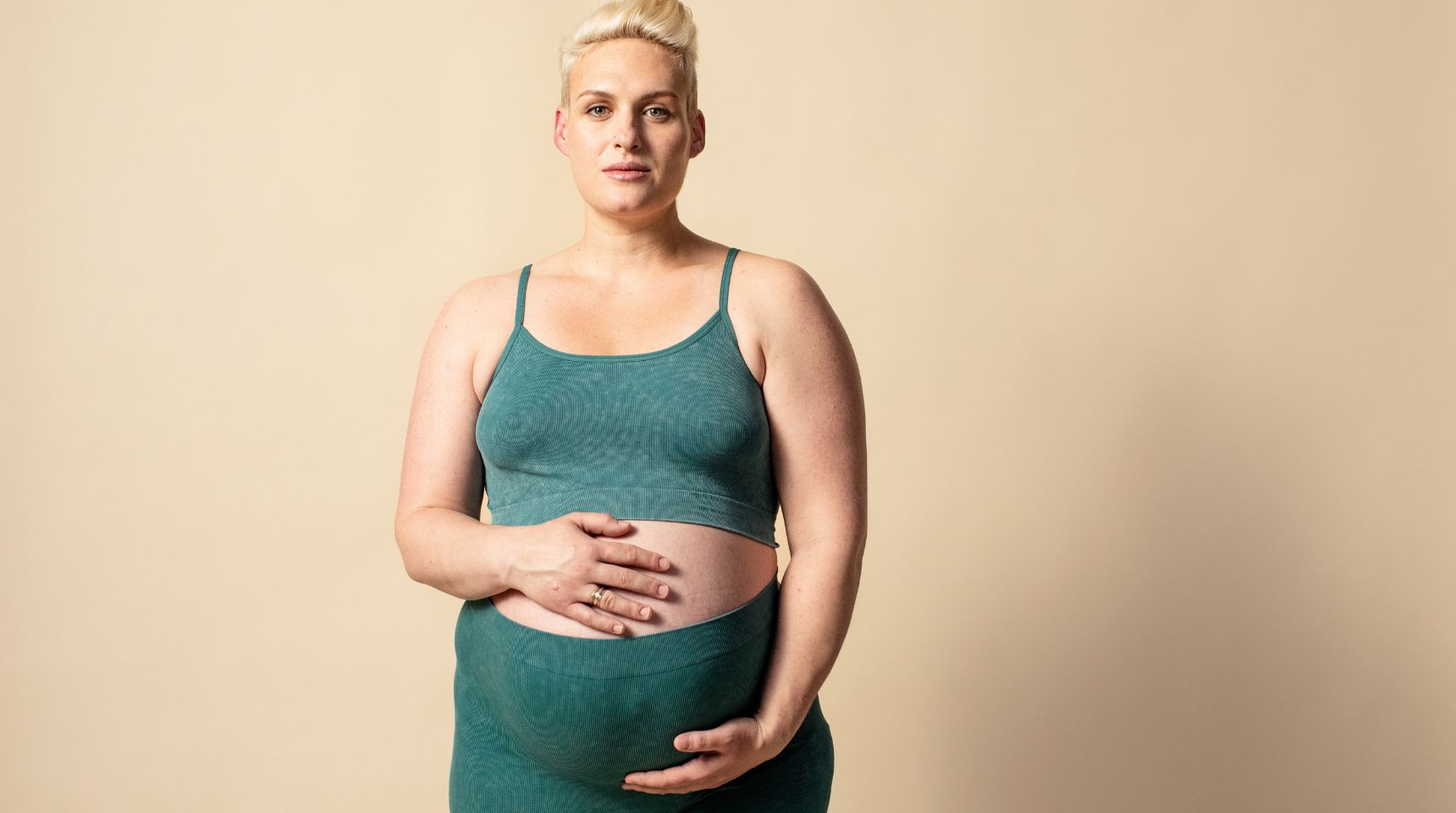Is baby curious about solid foods? If your baby is at least six months, the next big food experience is introducing solids.
Introducing Solid Foods to Your Baby: Why, When & How
Your baby is growing and experiencing many news things! If your baby is at least six months of age, you may want to start exploring solid foods.
But, don’t move too soon. Breastmilk is all your baby needs until at least six months of age. In fact, The American Academy of Pediatrics, the World Health Organization, and many other health organizations recommend that babies be exclusively breastfed (no cereal, juice or other foods) for the first six months.
When your baby is ready for this next big step, here are some helpful hints to get you started.
When Should Baby Start Solid Foods?
By six months of age, some babies will start showing an interest in solid food. They may reach for and try to grab food from your plate. Granted, your baby is grabbing at everything at this point, so this may not be the best indicator of a baby's readiness for solids. Look for other cues, including the ability to sit up and losing the reflex to push food out of their mouths with their tongue.
Your breastfed baby should have an easier time digesting solid foods earlier than a formula-fed baby because breastmilk contains enzymes that help digest fats, proteins and starch. They have also been exposed to a wide variety of flavors, since the flavors of many foods you eat pass into your baby’s milk. This all helps breastfed babies accept solids more readily.
Why Should Baby Eat Solids?
Babies really do grow quickly, and before you know it, they are ready to try new things. You can certainly keep breastfeeding after six months, but here are some reasons why introducing solids is a good idea:
- There comes a time when breastmilk no longer supplies all your baby's nutritional needs. A full term baby will need iron from other sources by 6-9 months of age.
- Some babies who don’t start solids by 9-12 months of age may have great difficulty accepting solid foods later.
- Eventually, a baby will want - and need - to eat solids. This is an important developmental milestone and shouldn’t be delayed for too long.
How Should Solids Be Introduced?
When your baby starts eating solids at about six months of age, it doesn't matter what foods are introduced first. It is better to avoid highly spiced or allergenic foods at first (e.g. egg white, strawberries, peanut butter). And make sure it’s safe: if your baby reaches for the potato on your plate, check that it’s not too hot, mash it up, and let him have it.
There is no need to go in any specific order or for your baby to eat only one food for a certain period of time. Some exclusively breastfed babies dislike infant cereal when it is introduced at six months. There is nothing magic or necessary about infant cereal, so don’t be too concerned if the baby doesn't want it.
More than anything, introducing solid foods to baby is a photo opportunity because much of it may end up in his hair and on the floor! Offer foods that your baby is interested in - simply mash with a fork and allow them to enjoy it without concern about quantities consumed.
This introduction sets the stage for making mealtimes fun! Be relaxed, feed your baby at your mealtimes, and as they become a more accomplished eater, offer a greater variety of foods.
Here are some more tips on introducing solids:
- The best source of iron for a baby six months of age or older is meat or beans (lentils, for example, are very nutritious and are a good source of iron). Infant cereal has iron, but it is poorly absorbed and may cause constipation.
- There is no reason to introduce vegetables before fruit. Breastmilk is far sweeter than fruit, so there is no reason to believe that the baby will take vegetables better by delaying the introduction of fruit.
- Respect your baby's likes and dislikes. There is no essential food (except breastmilk), so if your baby does not like a certain food, do not force it. If you think it is important for him, wait a few weeks and offer it again.
- At about nine months of age, babies start to assert their individuality. For instance, your baby may not want you to put a spoon into their mouth, and is likely to take it out of your hand and put it into their mouth themselves. Of course, often upside down so that the food falls on their lap! This is all part of their steps toward self-sufficiency.
Babies learn early on to take their food cues from you, so set a lifelong attitude that food should be enjoyed and mealtimes pleasurable and fun!
All content found on the Lansinoh.com website, including: text, images, audio, or other formats were created for informational purposes only. The content is not intended to be a substitute for professional medical advice, diagnosis, or treatment. Always seek the advice of your physician or other qualified health provider with any questions you may have regarding a medical condition. Never disregard professional medical advice or delay in seeking it because of something you have read on this website.









